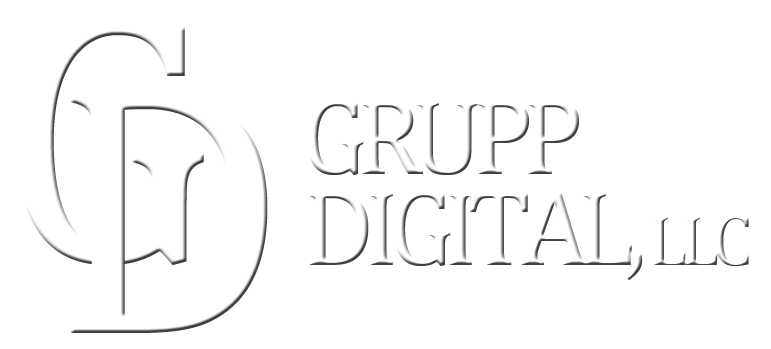What is the difference between a SOC II Audit and ISO 27001 audit?
A SOC II audit and an ISO 27001 audit are both important certifications for companies looking to demonstrate their commitment to security and compliance. However, the two audits have different focuses and are intended for different audiences.
A SOC II audit, also known as a Service Organization Control (SOC) audit, is a type of audit that focuses on the controls and processes that a service organization has in place to protect customer data. SOC II audits are conducted by independent third-party auditors and are intended to provide assurance to customers that the service organization is following industry-standard controls and best practices. SOC II audits are typically required by companies that handle sensitive customer data, such as financial institutions and healthcare providers.
ISO 27001, on the other hand, is an international standard that outlines the requirements for an information security management system (ISMS). The standard is intended to help organizations manage and protect sensitive information, such as personal data, financial information, and intellectual property. Organizations that are certified to ISO 27001 have demonstrated that they have implemented a comprehensive set of security controls and are actively managing their information security risks.
One key difference between the two audits is the focus on the scope. SOC II audits focus on the controls and processes in place for protecting customer data, whereas ISO 27001 audits focus on the overall information security management system of an organization.
Another difference is the intended audience. SOC II audits are intended to provide assurance to customers that the service organization is following industry-standard controls and best practices, whereas ISO 27001 audits are intended to demonstrate to customers, regulators, and other stakeholders that the organization is managing its information security risks effectively.
In terms of the cost, SOC II audits tend to be more expensive than ISO 27001 audits. This is because SOC II audits are conducted by independent third-party auditors and the scope of the audit is broader.
In terms of maintenance, SOC II audits must be conducted annually, whereas ISO 27001 audits require an annual review and a full recertification every three years.
In summary, both SOC II and ISO 27001 audits are important certifications for companies looking to demonstrate their commitment to security and compliance. However, the two audits have different focuses and are intended for different audiences. It is important for companies to understand the requirements and focus of each audit and to determine which one is most appropriate for their organization based on their unique needs and requirements. It is also important to remember that both certifications are not mutually exclusive and can be achieved together to have a complete compliance.

